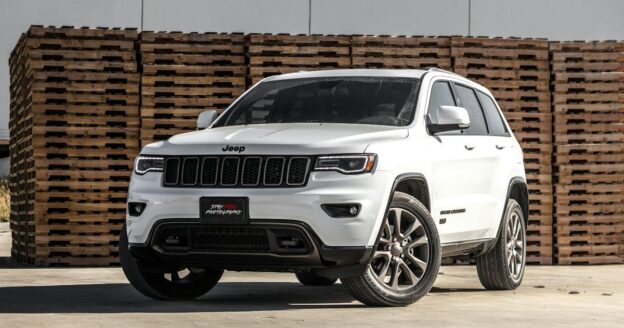Repossessed cars, vehicles seized by lenders due to non-payment, often find their way back into the market as repossessed or “repo” cars. While these vehicles can offer potential cost savings, purchasing a repossessed car requires careful consideration. By being a smart shopper, you can find a repo car at a great price without sacrificing quality or dependability.
Let’s cover the key factors to consider before deciding if a repossessed car is the right choice for you.
Condition of the Vehicle
Repossessed cars vary widely in terms of condition. Some might be well-maintained, while others could have been neglected or poorly cared for. Assess the vehicle’s condition so that you have a good idea of what problems you may be taking on. Keep in mind that repo vehicles do not come with a warranty, so you’ll inherit whatever problems come with the car.
That being said, it’s a common misconception that all repo cars are in poor condition. It’s not uncommon for people to ‘overbuy’ on a luxury or fully loaded vehicle and then not be able to afford the payments. So, it’s very likely that you can get a repo car that’s like new! At the same time, people who aren’t making their car payments are probably not paying for maintenance, so pay close attention to the condition.
Vehicle History and Documentation
Every vehicle has a history, including repossessed cars. You might know less about the car, but there’s still a record on file. Request comprehensive vehicle history reports and documentation to understand the car’s maintenance records, accident history and any outstanding liens. This information helps in making an informed decision about the purchase. You can look up vin reports on a number of websites such as CarFax and Kelley Blue Book.
Potential Cost Savings
Repossessed cars are often sold at auctions or by lenders at lower prices than their market value, presenting an opportunity for cost savings. But, make sure that you are buying a real repo! Many dealerships will buy repo cars, fix them up and sell them at a higher price, which means you’re not getting a true repo. Buying direct from a lender or bank ensures you’re getting a real repo at a discounted price.
Auction Process
Buying from auctions can be competitive and fast-paced. Understand the auction process, including bidding rules and fees. Each auction runs a bit differently, so it’s important to brush up on the rules before you place a bid. Also, understand the difference between open and closed bids. Open bids are where you can see what other people are bidding, whereas closed bids you cannot.
Mechanical Inspection and Test Drive
Prioritize a thorough mechanical inspection by a qualified mechanic. If possible, request a test drive to assess the car’s performance, ensuring it meets your expectations and requirements. Not all repo sellers will allow you to take the car for a test drive because of liability issues, but you can still have a thorough inspection done.
Find Repossessed Cars Near You
Deciding whether a repossessed car is the right choice requires careful evaluation of various factors, including the vehicle’s condition, history, cost savings and potential risks. By weighing these factors, you can make an informed decision that best suits your needs. RepoFinder.com has a directory of links from banks and lenders that are selling their repo inventory. These are true repos, available to the public. Save money and find a great car on RepoFinder.com today!


